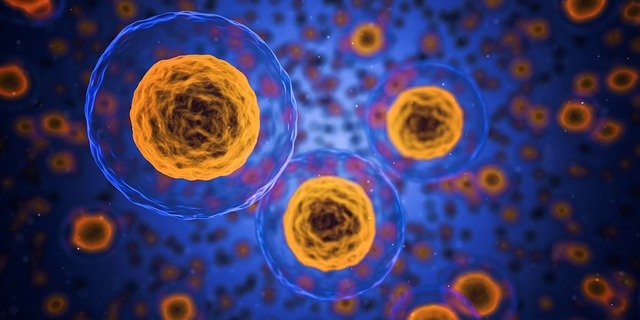
For many decades, treatments for cancer patients were largely limited to physical removal of the cancer cells (e.g. surgery) and ablation of the tumor cells using relatively non-specific tools like radiation and chemotherapy. While these approaches could reduce the amount of tumor present in the body, there were often tumor cells that remained and over time developed resistance to the available chemo and radiation therapies. Importantly, we have now come to appreciate that the immune system can also be harnessed to treat cancer as it plays a critical role in tumor surveillance and killing of tumor cells. As tumor cells accumulate genetic mutations associated with proliferation and chronic inflammation, the tumor cells begin to develop characteristics that overcomes self-tolerance of the immune system and allows immune cells to kill the tumor cells.
However, tumor cells also develop properties that allow the tumor cells to evade and exhaust the immune cells, which renders the immune system less competent. Cancer immunologists study the fundamental mechanisms by which the immune system normally eliminates tumors and the ways in which tumors subvert anti-tumor immunity. In recent years, cancer immunologists have used this knowledge to develop an armament of new anti-cancer drugs that do not directly kill the tumor. Instead, these drugs can reverse the immune exhaustion induced by the tumor and can teach the immune system to recognize and kill tumor cells. This immune-centric immunotherapeutic approach employs the body’s own defense mechanisms to repel tumors.
Going forward, the goal of cancer immunology researchers is to combine different immunotherapies and immunotherapies with radiation and chemotherapy to more precisely target the tumor cells and to tailor the immunotherapies to particular types of cancer.
Learn more about UAB cancer immunology research here.